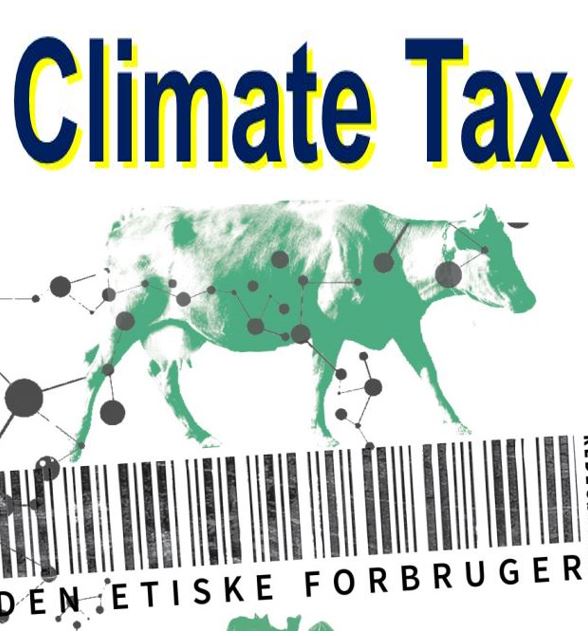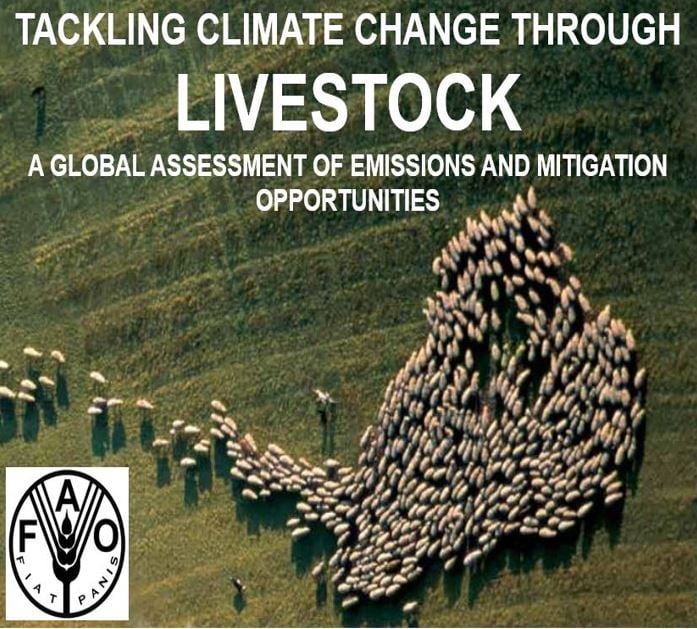The Danish Council on Ethics wants its Government to do a Robin Hood – but instead of robbing the rich, it would be red meat, while wind turbines take the place of the poor. In other words, the Council (Det Etiske Råd) believes there should be a climate tax on red meat while wind turbines should be subsidized.
The Danish Council on Ethics (Council) is an independent body that advises public authorities, including parliament and ministers on ethical issues.
The Council considers climate change is ‘an ethical problem’ and that the Danish people have an ethical obligation to reduce their climate impact to a minimum. The most logical place to begin would be by encouraging people to consume less red meat.
 Danish people have been told they have an ethical duty to eat less red meat if they care about climate change, and have recommended a ‘climate tax’ on meat. The governing party described the recommendation as a ‘bureaucratic monster’. (Image: ‘Ethical consumption of climate damaging foods’)
Danish people have been told they have an ethical duty to eat less red meat if they care about climate change, and have recommended a ‘climate tax’ on meat. The governing party described the recommendation as a ‘bureaucratic monster’. (Image: ‘Ethical consumption of climate damaging foods’)
If red meat has an extra tax slapped on it, people will eat less – if you raise prices demand falls.
The Council quotes the UN Food and Agriculture Organization (FAO), which states that farm livestock is responsible for 14.5% of global greenhouse gas emissions, which exceeds the total exhaust from all forms of transport across the world.
Just cattle accounts for about 10% of all greenhouse emissions globally. According to conservative estimates, at least 43,000 litres of fresh water are required to produce one kilogram of beef.
The Council urges its Government to live up to global environmental standards by using a ‘climate tax’ to reduce the national consumption of red meat.
 According to the UN’s FAO: “Total emissions from global livestock represent 14.5 percent of all anthropogenic greenhouse gas emissions. Cattle (raised for both beef and milk) are the animal species responsible for the most emissions, representing about 65% of the livestock sector’s emissions.” (Image: fao.org)
According to the UN’s FAO: “Total emissions from global livestock represent 14.5 percent of all anthropogenic greenhouse gas emissions. Cattle (raised for both beef and milk) are the animal species responsible for the most emissions, representing about 65% of the livestock sector’s emissions.” (Image: fao.org)
Council debated for six months
The Council said its members debated the issue for the past six months. Members considered whether the decision to make more climate-friendly choices should be left to consumers or imposed with government measures.
After much debate, they concluded that this should be a government-led movement, with a ‘climate tax’ at the forefront.
Danes are ethically obligated to alter their eating habits to combat climate change, the Council said. However, it believes that if things are left entirely up to consumers to reduce their meat consumption, it would not be effective.
The English language Danish newspaper The Local quoted Mickey Gjerris, chairman of the Council working group and associate professor of bioethics at the University of Copenhagen, who said:
“An effective response to climate-damaging foods that will also contribute to raising awareness of climate change must be united, which requires that society sends a clear signal through regulation.”
The Council has seventeen members, fourteen of whom support the red meat tax. They said that eventually there should be a ‘climate tax’ on all foods that exacerbate global warming.
For the moment, its recommendation is limited to red meat, which it claims is ‘inarguably the most destructive’ food for our planet’s climate.
A bureaucratic monster
The Danish Agriculture and Food Council (Landbrug & Fødevarer) responded immediately to the Council’s recommendation, saying the measure would not have the desired effect and would create mountains of bureaucracy.
In an interview with Berlingske Business Niels Peter Nørring, a spokesman for the Danish Agriculture and Food Council, said:
“A climate tax would require a massive setup in the public sector and the food industry while the effects would be minimal.”
Mr. Nørring added that climate change measures should be done at a global level.
Most experts doubt that the Danish government will follow the recommendation and impose a ‘climate tax’ on red meat. A spokesperson for the governing party Venstre described the recommendation as ‘a bureaucratic monster’ with very limited effect.
Video – A tax on red meat in Denmark?

Comments are closed.